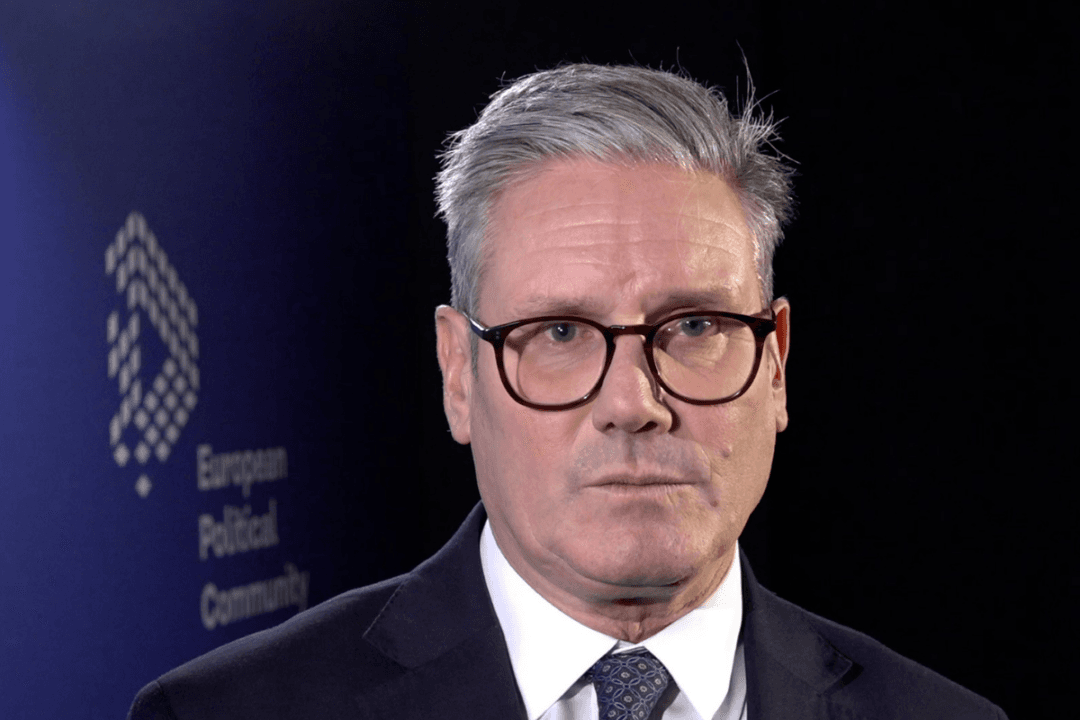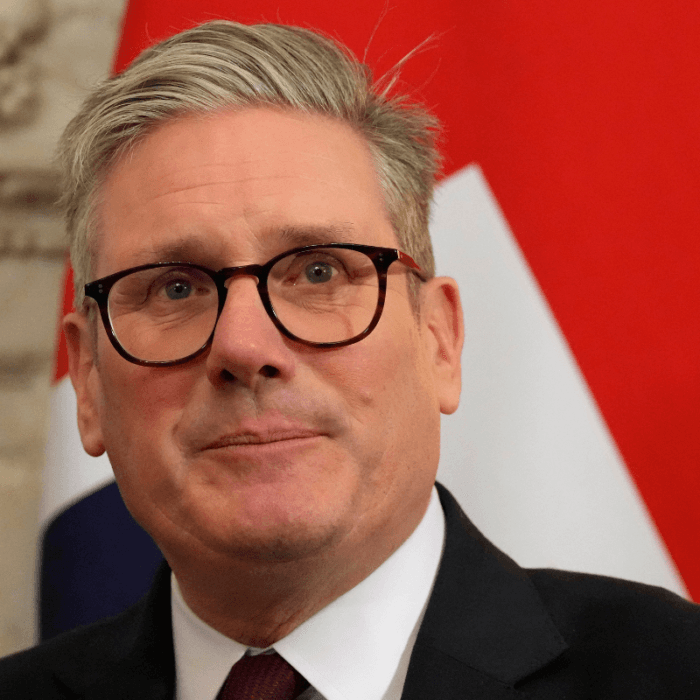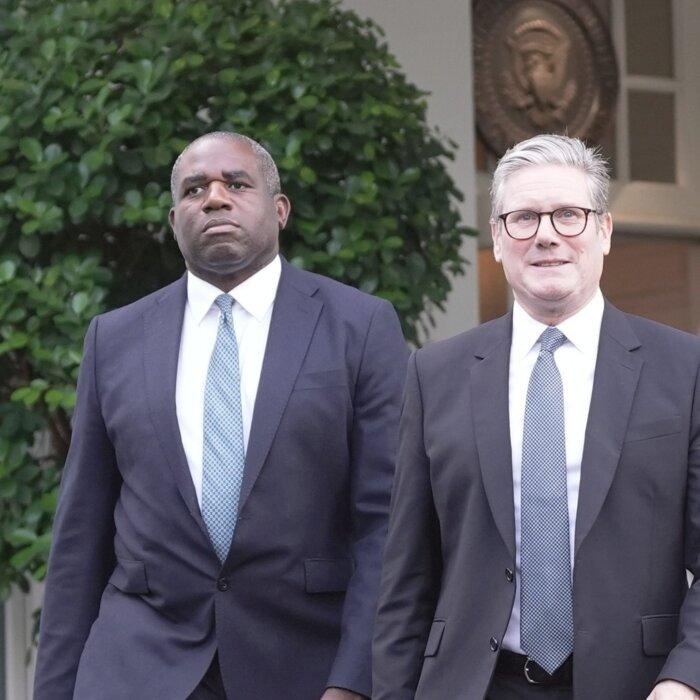Prime Minister Sir Keir Starmer has called on European allies to “step up” their support for Ukraine, while reaffirming the UK’s commitment to Kyiv during his meeting with the country’s president.
Starmer made the remarks during bilateral talks with Ukrainian President Volodymyr Zelenskyy on the fringes of the European Political Community (EPC) summit in Budapest, Hungary, on Thursday.
Speaking to Zelenskyy, Starmer said, “As you know, our support for Ukraine is unwavering.”
He continued: “I strongly believe that not only should it be unwavering, but we need to step up, and I was very pleased to be able to say that [today].
“It’s very important that we see this through. It’s very important that we stand with you.”
The Ukrainian leader thanked him for “sticking with us all through this tough period.”
U.S. Election
The prime minister’s calls for European allies to increase support for Kyiv follows the election victory of President-elect Donald Trump, who has indicated that he would seek a quick end to the Russia–Ukraine war, and had also raised the issue of how much support the United States was giving to Kyiv compared to other allies.The president-elect’s remarks has prompted concerns in Ukraine and NATO that a new Trump administration could reduce support for Kyiv.
Ahead of the EPC, Zelenskyy, who was among the first to congratulate Trump on his election victory on Nov. 6, said that he had spoken to the president-elect and had had a productive conversation.
North Korean Troops
The EPC summit on Nov. 7 brought together leaders from across the continent to discuss shared issues including U.S.-EU relations, illegal immigration, economic security, and Europe’s security in relation to the Russia-Ukraine war.The spokesperson said Starmer had remarked that it was “proof of Putin’s increasing desperation.”
NATO’s new secretary general, Mark Rutte, had also said at the Budapest meeting that the alliance of Russia, North Korea, Iran, and China posed problems for Europe and the United States, adding that Europe needed to spend more on defence.
New Sanctions on Russia
On Thursday, the UK announced 56 sanctions against Russia’s military industrial complex and Russian-backed mercenary groups, in what the government described as its largest sanctions package against Moscow since May 2023.Three private mercenary groups with links to the Kremlin will also be targeted in the latest package, including Africa Corps which operates in Sub-Saharan Africa.
Foreign Secretary David Lammy said the measures “will continue to push back on the Kremlin’s corrosive foreign policy, undermining Russia’s attempts to foster instability across Africa and disrupting the supply of vital equipment for Putin’s war machine. And smashing the illicit international networks that Russia has worked so hard to forge.”







